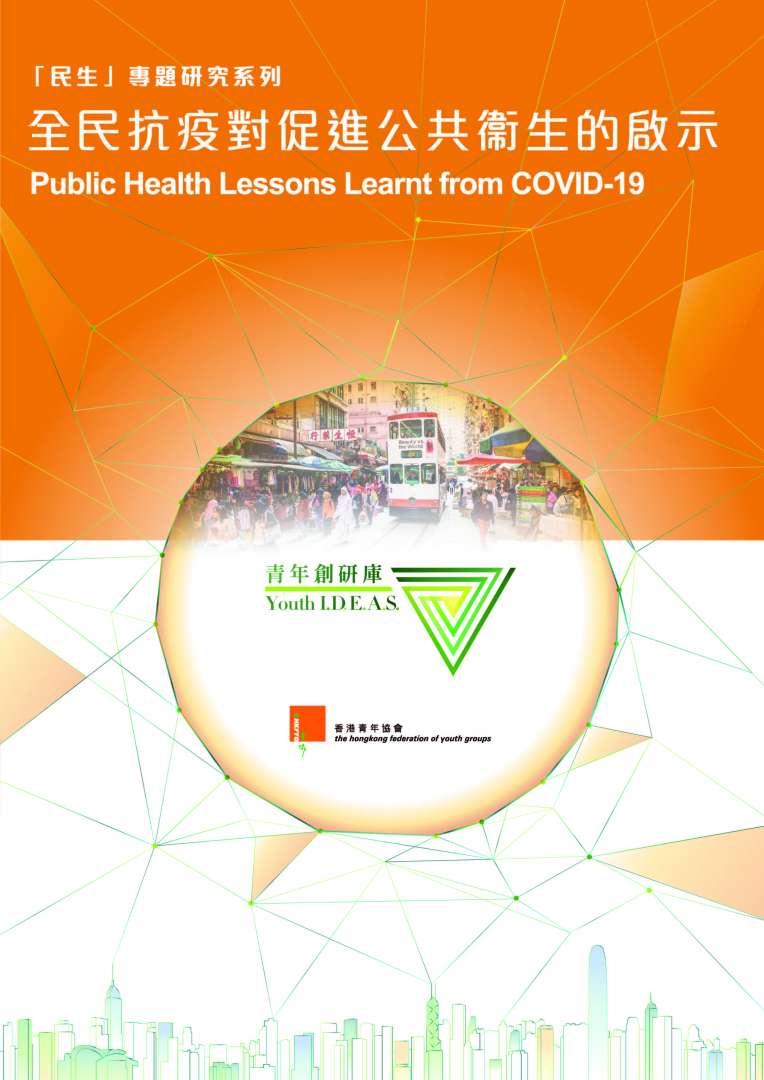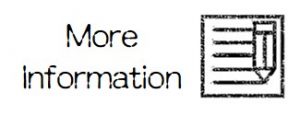Public Health Lessons Learnt from COVID-19
The Youth I.D.E.A.S. announced its latest report on
“Public Health Lessons Learnt from COVID-19”
The Youth I.D.E.A.S. (established by HKFYG Youth Research Centre) has released its study on “Public Health Lessons Learnt from the COVID-19’”.
A survey on 806 local citizens aged 18 to 65 showed that majority of local citizens were generally not satisfied with HK government’s measures to combat the COVID-19 outbreak, scoring 4.82 out of 10 (scale of 0 to 10, with 10 representing very satisfied). The measures were thought to be too laxed by 43.7% of the respondents.
The survey also found out that most respondents voiced ‘border control’ as the most deficient aspect (79.2%), followed by ‘quarantine measures’ (53.8%). The measures caused most inconvenience was ‘Regulations on restaurant, business and premises’ (56.5%), followed by ‘Prohibition on group gatherings at public places.’ (40.2%)
Furthermore, three quarters (73.4%) of respondents were in pandemic fatigue. The interviewed youngsters’ complaint about low mood caused by prolonged home stay.
On the brighter side, 20.2% of respondents had initiated some form of community led activities to fight COVID-19. Some interviewed youngsters explained the increase in such activities was due to the limited service provided by non-government organizations (NGO) during the peaks of outbreaks.
67.7% respondents agreed to receive COVID vaccination offered by the government immunization programmes and the willingness was most affected by the safety profile of the vaccine (48.1%). In contrary, 73.8% were not willing to use the official contact tracing mobile app “LeaveHomeSafe”. Around half (53.0%) of respondents voted ‘public health education (community hygiene)’ as the most pressing aspect needing improvements to secure local public health.
The study recommended the government to enhance public education for vaccination promotion, establish a detail COVID-19 alert system and action plan, and establish a comprehensive health information e-platform. Furthermore, it’s suggested that the authority should submit the mobile app ‘LeaveHomeSafe’ for independent privacy assessment and information security audit, and unify the human resources devoted to quarantine monitoring while improving the efficacy of ’StayHomeSafe’ Mobile App for those undergoing home quarantine.
End



